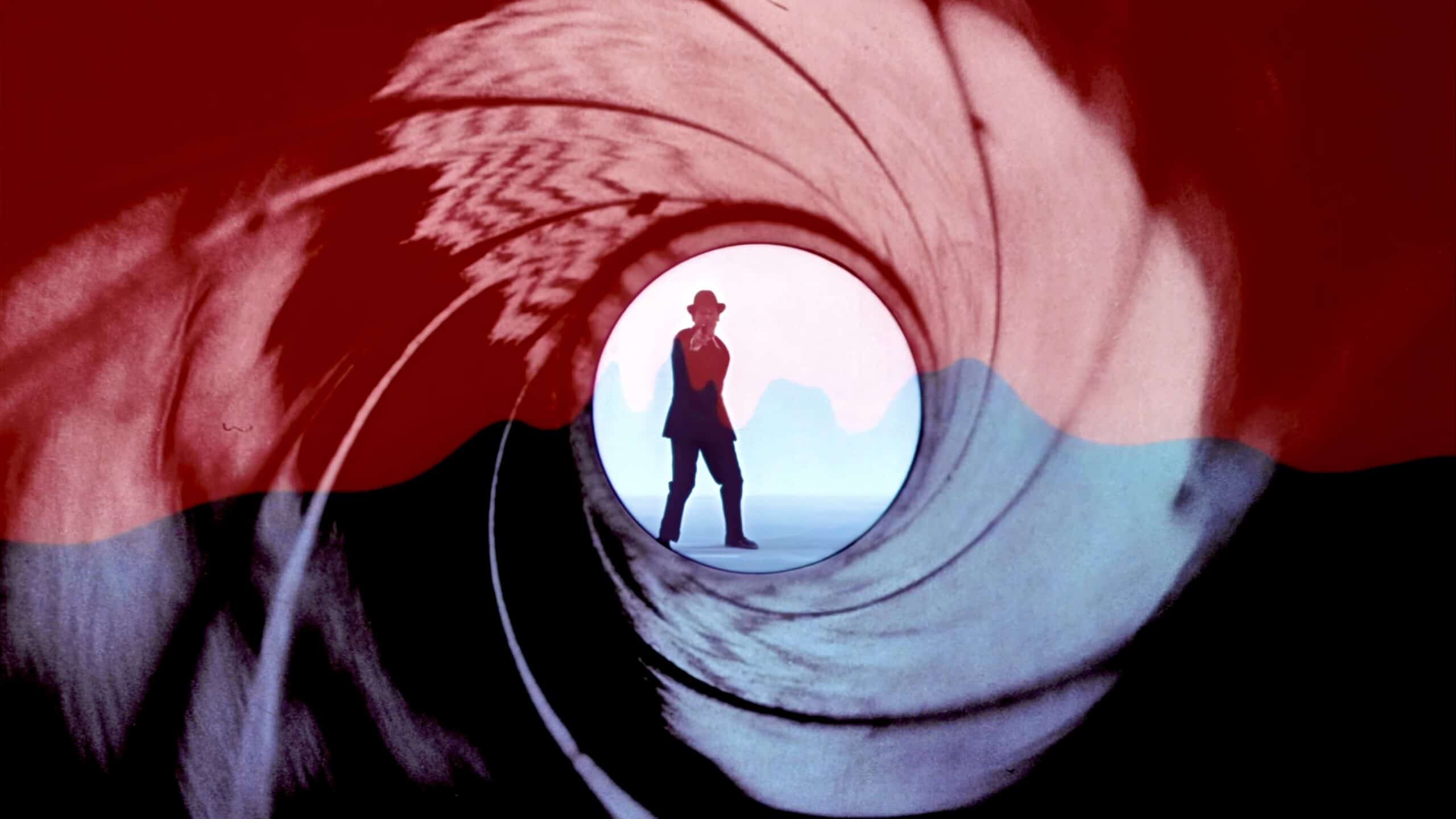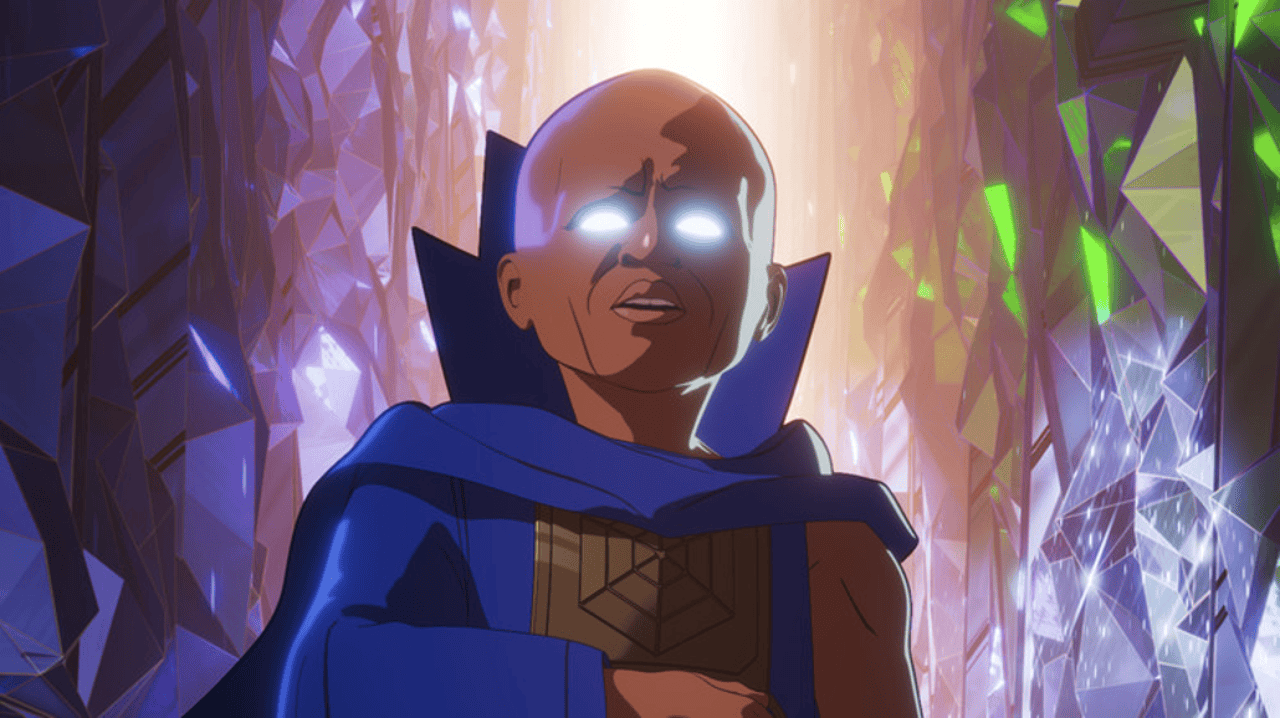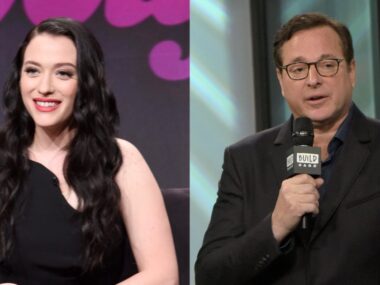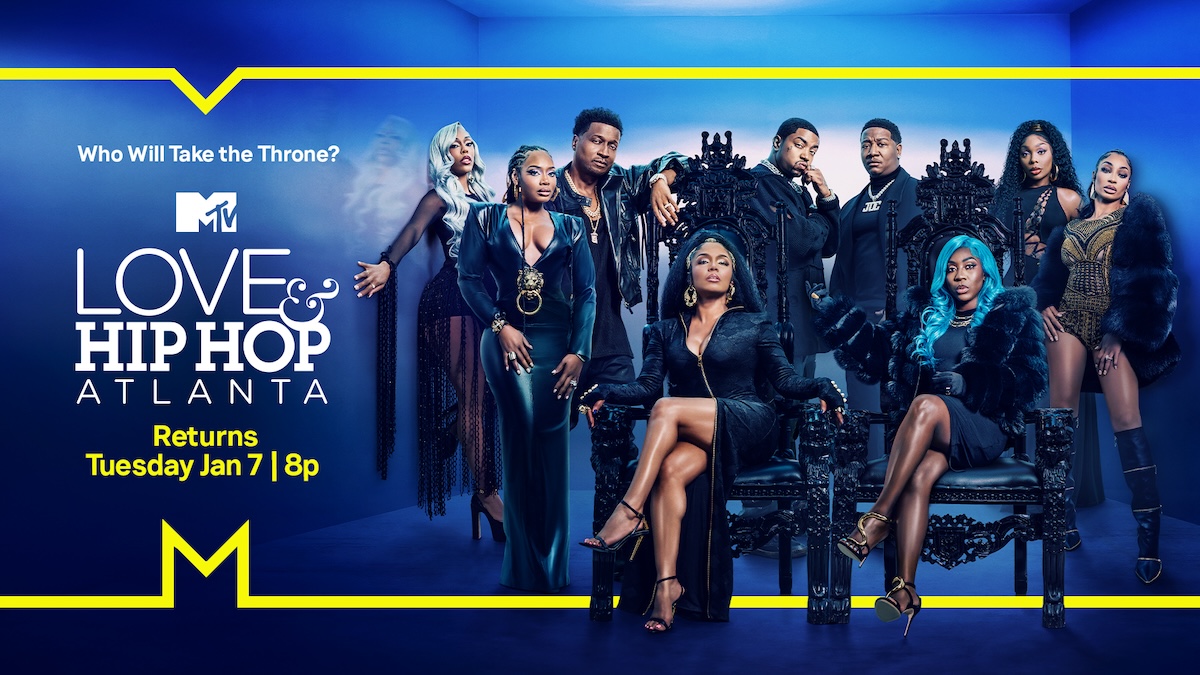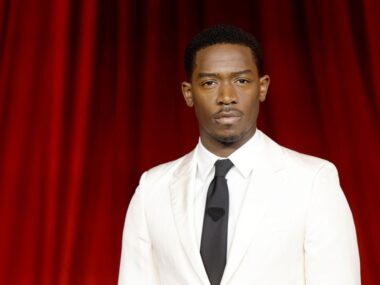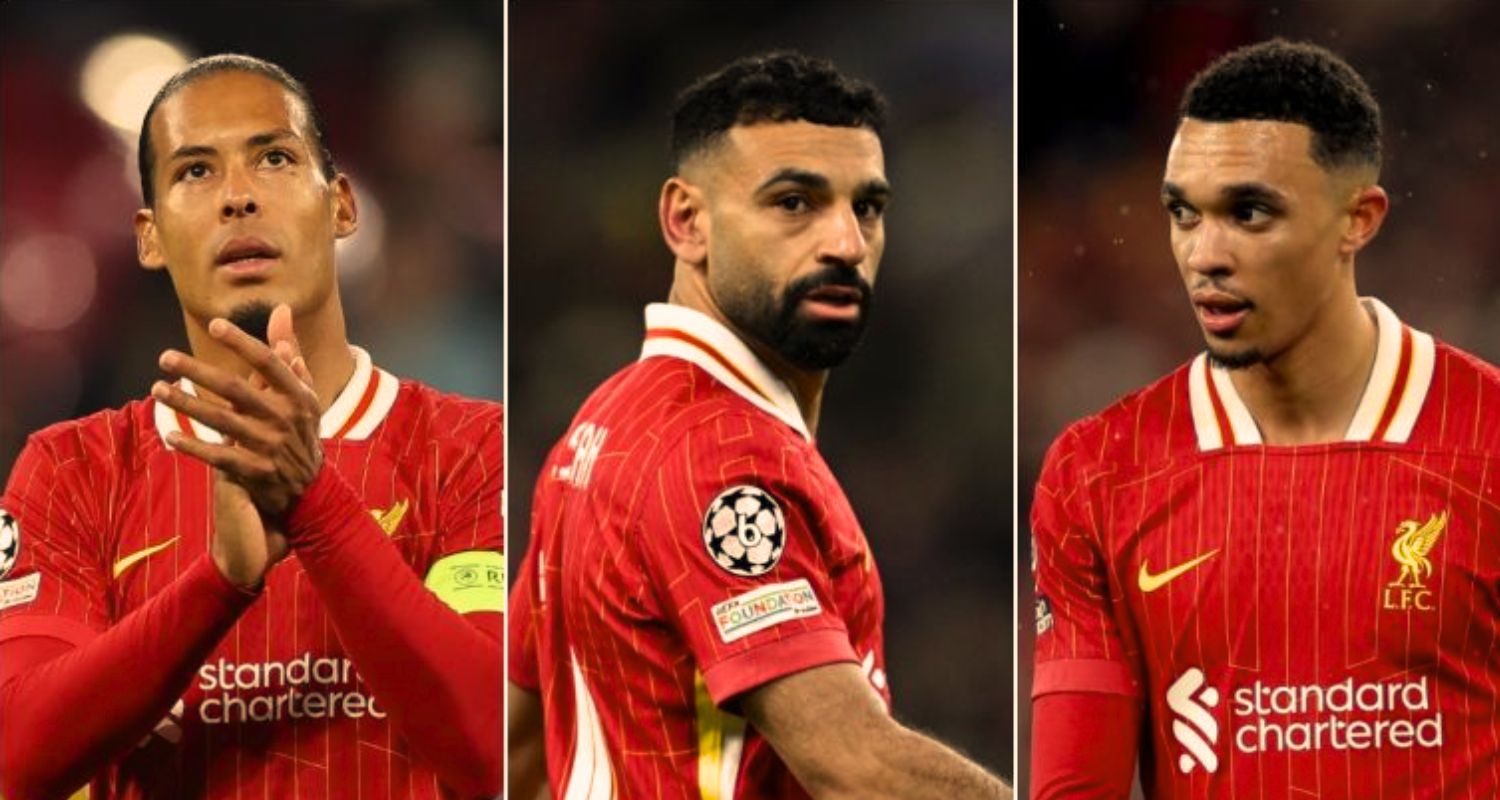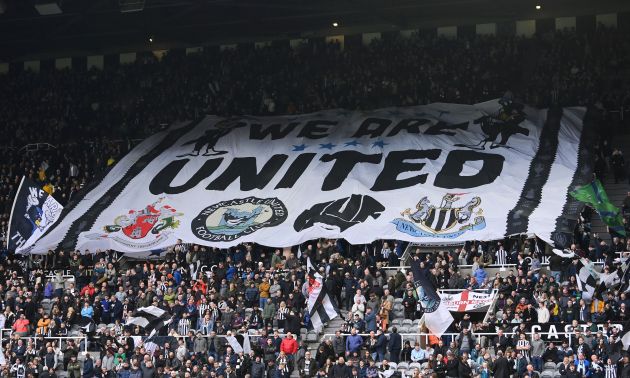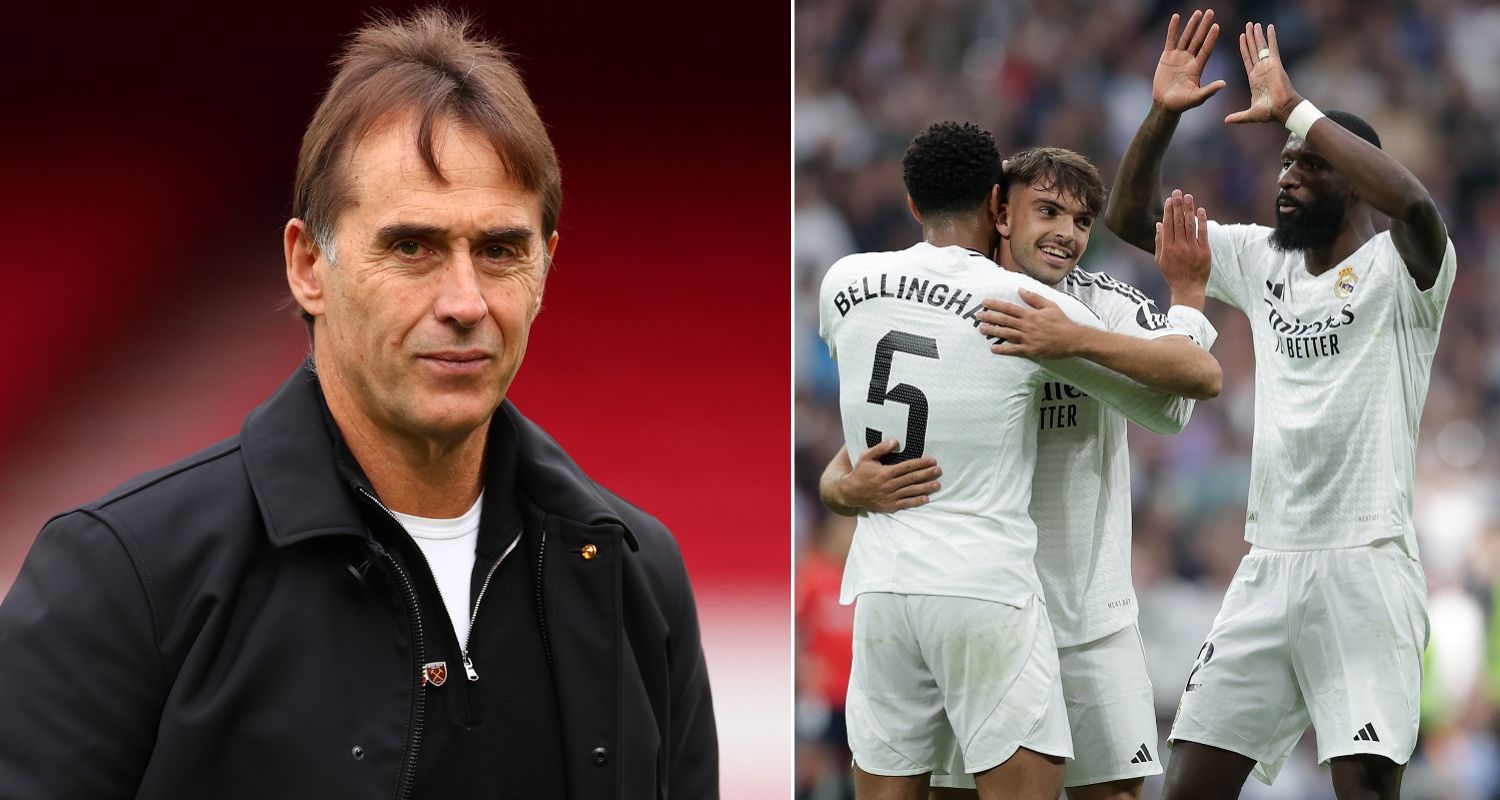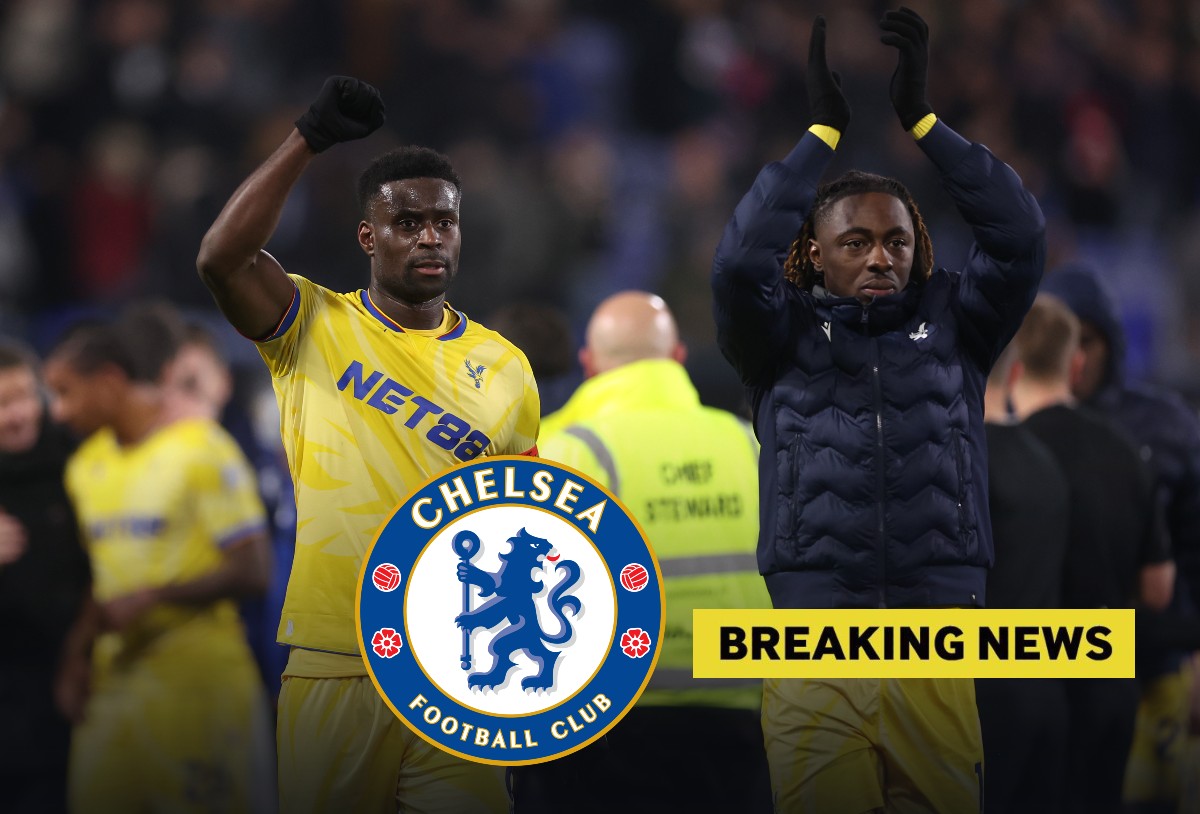The author Chris Snelgrove
| Published

In 2022, Amazon paid $8.5 billion to buy MGM, giving them the rights to release future films in the James Bond franchise. However, there's no word on the super-spy's next appearance, and now we know that's because longtime rights holders and producers Barbara Broccoli and Michael G. Wilson have confronted Amazon about Bond's future. Broccoli reportedly thinks Amazon's CEOs are “goddamn idiots” for their plans to create a series of Marvel-style James Bond remakes, and not only is she right, but the delay she's causing may save the franchise from it. own excesses.
Broccoli turns rotten towards the Amazon
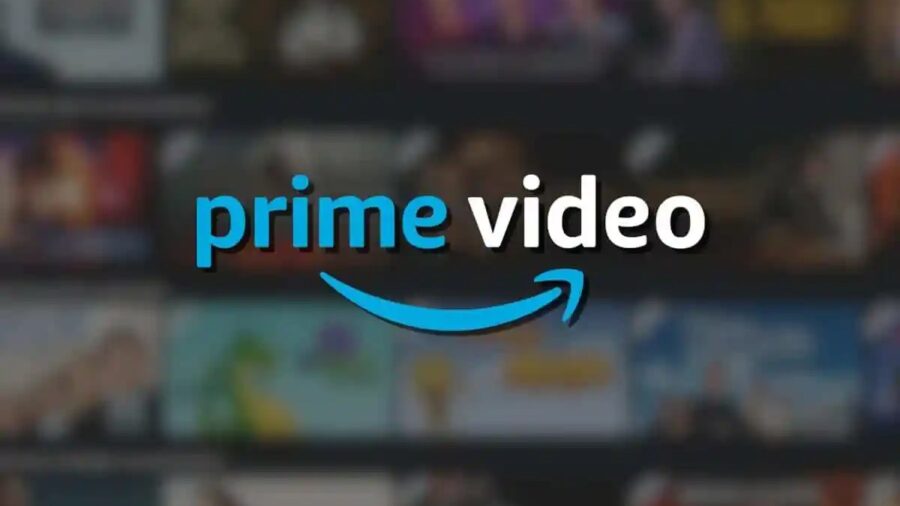
According to the Wall Street Journal, broccoli is the main reason behind James Bond's refusal to develop new films in the franchise. Amazon because she hates their whole approach. Not only is he annoyed that the company wants to turn this beloved cinematic franchise into a TV and movie spinoff, but he's also upset that they're referring to Bond's future adventures as “content.” And while not every movie released under Broccoli is a winner (Ghostwas a hot mess, for example), it's clear that her stubbornness is preventing Amazon from ruining one of the world's biggest franchises.
Broccoli has reportedly described Amazon as a “hostage” to the James Bond franchise, and the delay she caused appears to be her way of rescuing the super spy from his captors. Some fans might take the cynical view that this is just a behind-the-scenes power play, a way for her to stay relevant and in control in this brave new world of Bond. However, we see it differently: Broccoli has learned from the failures of both Marvel and Amazon and doesn't want her own cherished character to fall victim to the excesses of corporate greed.
A James Bond delay that averts an MCU-type disaster
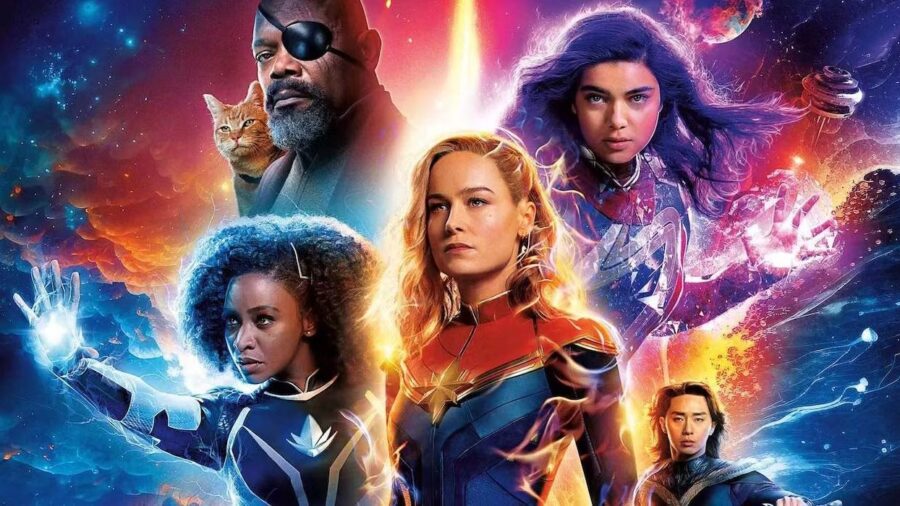
The Marvel Cinematic Universe has been intertwined since the beginning, of course with Nick Fury crash after the credits sequence Iron man. However, you could argue that the beginning of the end for this franchise (or at least the beginning of superhero fatigue that turned The Marvels big-budget flop) began as an attempt to cram as much junk content into Disney+ as possible. The release of the James Bond movies is considered a big movie event, and this delay won't let it down with a lot of crappy TV shows.
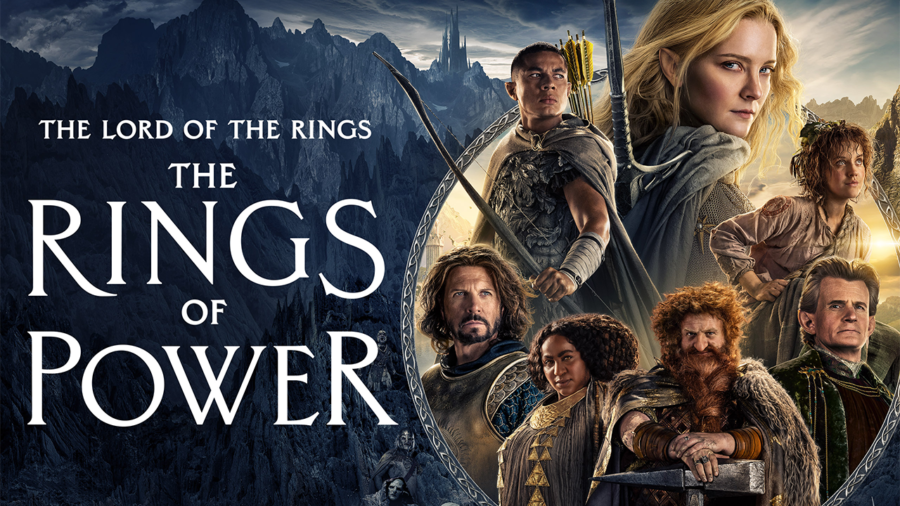
When it comes down to it, it's nearly impossible to discuss the future of James Bond at Amazon without discussing how the company has been doing. The Lord of the Rings. Only 37 percent of Rings of Power viewers watched the entire first season and beyond Rotten tomatoesThe Popcorn Meter shows that viewers gave the show a dismal 49 percent rating. The second season was slightly better than the first, but the fact that more people are streaming Boys is an indication that this rip-off failed to impress a general audience even as it repelled Tolkien's detractors for making arbitrary changes to the lore.
It's impossible to know everything that James Bond producer Barbara Broccoli thinks of Amazon, but what we do know is that her delay is preventing her legendary character from facing the same problems that faced Marvel and The Lord of the Rings. It's clear that thinking of awesome franchises as “content” and releasing a bunch of spin-offs that nobody asked for is the quickest way to dilute the brand and drive away viewers. Getting it right when casting a new Bond actor can doom the franchise to a failure it hasn't known since. License to kill became the smallest Bond film in America.
Ironically, not so long ago the biggest battle for the franchise was over which talented actor (or maybe even actress) would replace Daniel Craig in the title role. Now we know that something much worse could happen to James Bond than bad casting… without this delay, he might already have been relegated to mindless content designed to do nothing more than sell action figures and streaming members. Thankfully, Broccoli stepped in, and she might be our last line of defense against enduring Bond differences that are even worse than season four. Boysand for that we are eternally grateful.
Source: The Wall Street Journal
Source link

